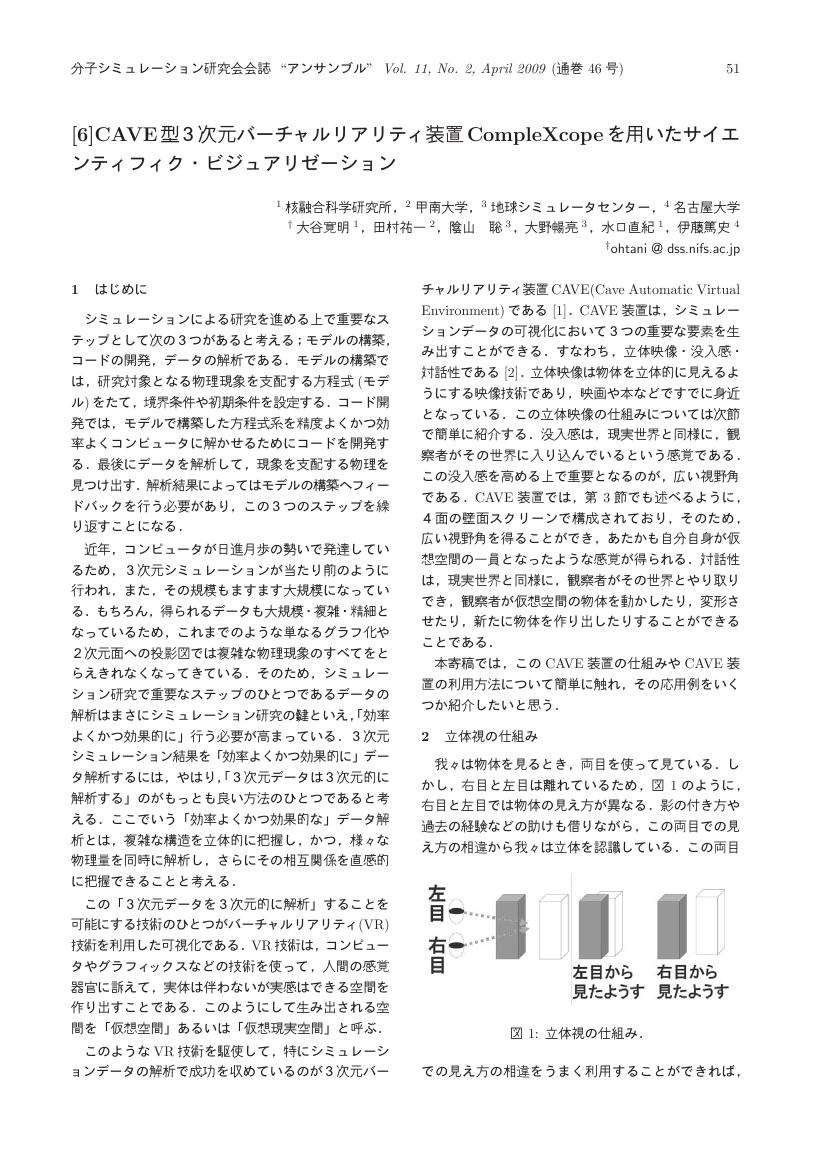1 0 0 0 OA リスクをめぐる基本用語について
- 著者
- 田村 祐一郎
- 出版者
- The Society for Risk Analysis, Japan
- 雑誌
- 日本リスク研究学会誌 (ISSN:09155465)
- 巻号頁・発行日
- vol.19, no.4, pp.4_1-4_2, 2009 (Released:2011-11-01)
1 0 0 0 OA 明治32年徳島県の類似保険解散命令-明治期における類似保険の実態(2-5)-
- 著者
- 田村 祐一郎
1 0 0 0 OA ハイドとグリーン -アメリカ生命保険業における経営理念の二類型-
- 著者
- 田村 祐一郎
- 出版者
- 経営史学会
- 雑誌
- 経営史学 (ISSN:03869113)
- 巻号頁・発行日
- vol.21, no.3, pp.1-26, 1986-10-30 (Released:2009-11-06)
- 被引用文献数
- 1
This article deals with some important problems in the life insurance business in the late Nineteenth Century America, as follows;1. Fundamental structure of life insurance business.2. Expansive character of the American life insurance business, tipified by Henry B. Hyde, the Equitable Life. His aim was, first of all, to satisfy his own entrepreneurial wants, higher ranked than life insurance purpose.3. Tontine Policy, introduced by Hyde, was not only an ideal solution of the problem with which he was confronted, but also gave him a weapon to push his Equitable to the top of the industry.4. Manegement of Jacob Greene, the Connecticut Mutual, was in a marked contrast to that of Hyde. Being an early advocate of “Humane Life Value Theory”, and stubborn opponent of the Tontine, he had a distinct idea of life insurance business. His management, true to his principle, was inferior to Hyde, in quality. that is, growth of business, but much more superior in quality, both cost and returns to policyowners.
1 0 0 0 OA 相互生命保険会社における契約者主権と経営者支配
- 著者
- 田村 祐一郎
- 出版者
- 経営史学会
- 雑誌
- 経営史学 (ISSN:03869113)
- 巻号頁・発行日
- vol.17, no.2, pp.1-22,i, 1982-07-30 (Released:2009-11-06)
Mutually organized enterprise have had a long and snccessful history in American life insurance business. In theory, mutuals, without capital item in its balance-sheet, are owned by and operated for the benefit of the policyowners, and their boards of directors or “trustees” are elected by them, typically exemplified by the original Charter and By-Laws of the Mutual Life Insurance Company of New York, the first mutual in the United States. But in practice, officers and directors of mutuals, although claiming democracy of their companies, have completely ignored the sovereignty of policyowners, who have consequently been silent majority for nearly one and a half century.The third president of the Mutual Life usurped the control through proxy contests and established his autocracy, so-called “Winston regime”. He and his vice-president held so many proxies, compared to “Children of Israel, ” that no one succeded in defeating his rule. Management control were dramatically disclosed by the Armstrong Committee of the New York Legislature in 1905, saying “Notwithstanding their theoretical rights, policyholders have had little or no voice in the management. Entrenched behind proxies, easily collected by subservient agents and running for long periods, unless expressly revoked, the officers of these companies have occupied unassailable positions and have been able to exercise despotic power”. With all the drastic revision of the New York Insurance laws, nothing happened in the elections of mutuals except temporary excitement, and management control continued at no stands for more than thirty years later the Temporary National Economic Committee disclosed the fact. “Life Insurance executives and directors constitute a small group that is self-appointing and self-perpetuating”. Another thirty years-plus have passed since TNEC, and the situation remains the same. All the while mutual managements have been criticized and refuted in the courts, legislatures of the stastes and journals, it has been desparately impossible to find out an effective means to bring indifferent policyowners to annual elections.
1 0 0 0 OA 保険業法制定以後の類似保険について -明治期における類似保険の実態(4-1)-
- 著者
- 田村 祐一郎
- 著者
- 大谷 寛明 田村 祐一 陰山 聡 大野 暢亮 水口 直紀 伊藤 篤史
- 出版者
- 分子シミュレーション研究会
- 雑誌
- アンサンブル (ISSN:18846750)
- 巻号頁・発行日
- vol.11, no.2, pp.2_51-2_57, 2009 (Released:2011-09-01)
- 参考文献数
- 16
1 0 0 0 IR 明治32年徳島県の類似保険解散命令-明治期における類似保険の実態(2-5)-
- 著者
- 田村 祐一郎
1 0 0 0 モラルとマーケット : 生命保険と死の文化
- 著者
- V.A.R.ゼライザー[著] 田村祐一郎訳
- 出版者
- 千倉書房
- 巻号頁・発行日
- 1994


